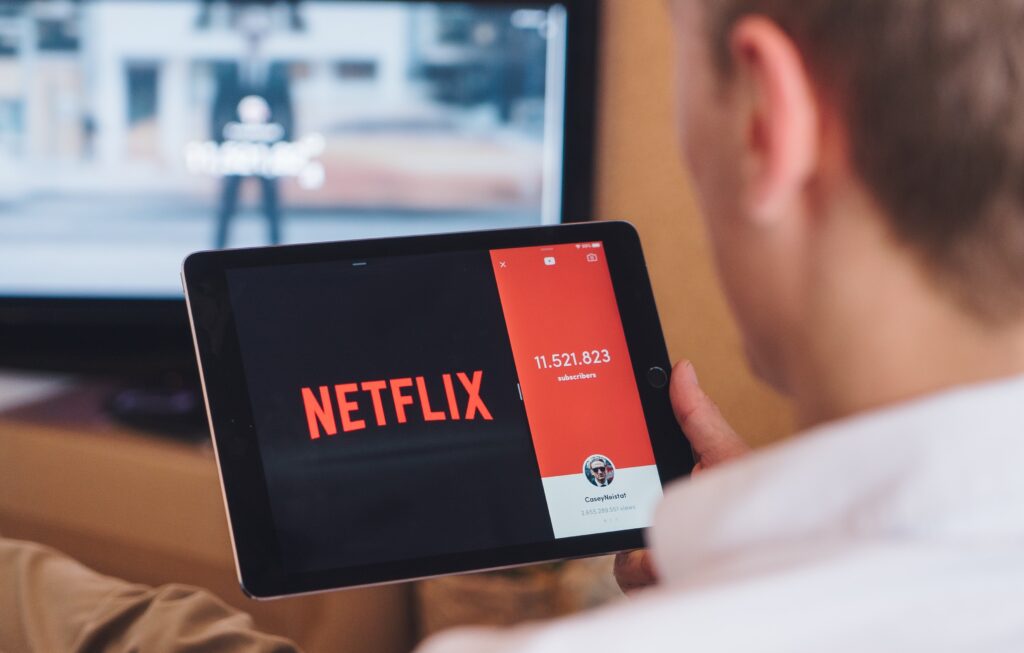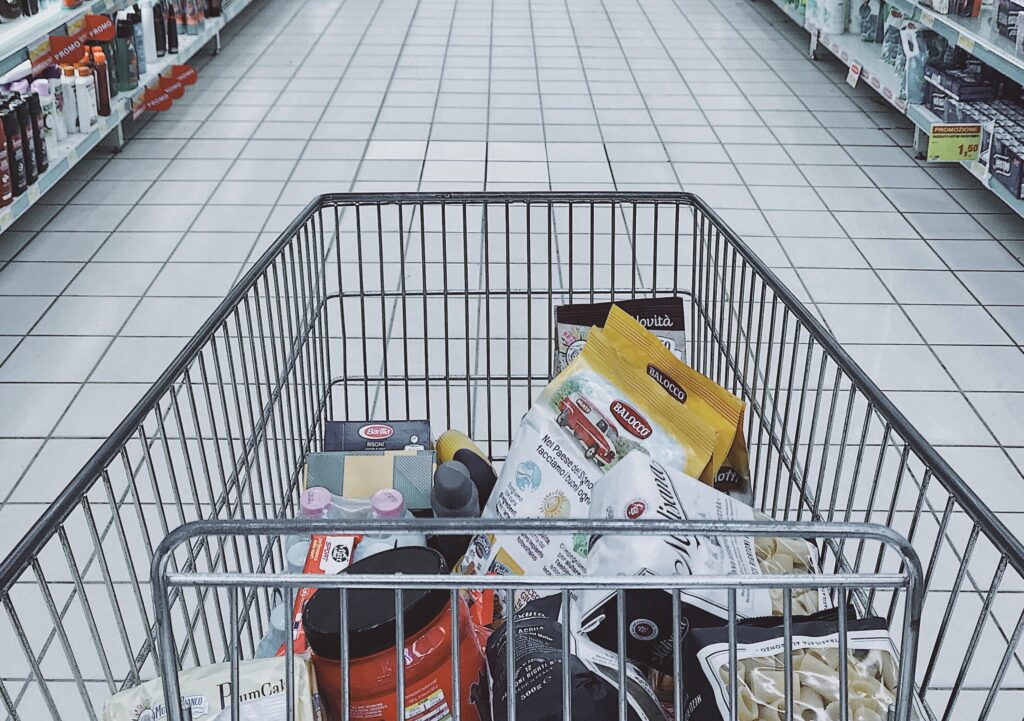
Arguing with the algorithms
We shouldn’t be afraid of technological development, argues Prakarsh Singh.
Are we right to fear a tech-world dominated future in which our every action is controlled by the great computer companies? For some prophets of doom, our biggest enemies are these companies and their data-gathering algorithms (the very phrase sounds like a weapon of mass destruction!). These, we’re told, seek to control human behavior and will rob us of our free will, like the Pied Piper luring away that village’s children when it refused to pay him his fair dues.
Words like ‘surveillance capitalism’ are thrown at us, as parents might threaten children unwilling to stay within their sheets with the dreaded bogeyman under their bed. But all these discussions miss a crucial point about why the human race now trusts the tech world …
Take Uber/Lyft. We are now increasingly comfortable traveling with strangers and being linked by a decentralized algorithm which geo-matches drivers with passengers on a journey together. Travelers now have choice (which platform should they choose to travel), voice (how many stars they should give to rate the experience; the ability to request refunds), and convenience (shorter wait times).
Technology has enabled choice where none previously existed. We can now choose between different products on Amazon, or different services offered in our local area by Google – all at the click of a button, and curated by hundreds of folks who have provided their reviews on these offerings. If left to our own devices, would our choices be similarly informed?
Yes, a tech-free life would work for us if we planned to live in a Waldenian pond cut off from the world. Algorithms are not created to control customers – that’s not the intention. Algorithms are built around decisions which we, as consumers, have already taken.
Algorithms are able to change their mind if we, as consumers, change ours.
Assume that you become aware of a bias towards a certain genre preference in your streaming service and don’t want Netflix or Prime to ‘control’ ’your viewing habits. This leads you to change your preference only to watch critically-acclaimed Korean movies (for example) whereas earlier you only binged on action-packed series.

Netflix’s algorithm will take this into account. It will allow itself to be changed – for you. This shape-shifting dynamic prediction problem will also rely on how others have done when they switched from action shows to Korean movies, but it will also remember your past and current decisions. This optimizes the search – for you – so that you don’t have to spend time searching for the right movie to watch.
Technology has expanded our knowledge base, making us aware of global trends and showing us that the same issues prevail in other contexts.
The Twitter feeds of users we follow can show us events which are happening on the other side of the world. Observe, for instance, how quickly we have, as a human race, decided to change our own behavior in response to stories we follow from around the world (for example, masking up and washing hands has become a global healthy habit and there is a new global unity around condemning Russia’s invasion of Ukraine).
Thanks to high tech algorithms we have the opportunity to truly become global citizens (in real time), allowing ourselves to be influenced by ideas and insights from near and far, and offer our own opinions too.
Technology has lifted the ugly veil of parochialism, though concerns around users falling into social media echo chambers rightly exist.
Technology has created convenience. If you like spending hours traveling to or shopping in the grocery store picking out the ripest tomato (which can be cathartic at times!), then good for you. But you might not be taking into account the opportunity cost of time that could be used to read, play or enjoy the company of a loved one (after all, bread, milk, eggs and potatoes are perhaps not subject to free will and will need to be ordered every few days). Imagine the inconvenience that a physically challenged person would have to incur if they had to do grocery shopping every week.

Technology has reduced barriers to physically entering the market, equalizing access to the best products and services. Third-party sellers make up the majority of retail sales on Amazon which shows that even a small family business can now have a global consumer base and access to state-of-the-art fulfilment centers where their produce is stored ready to be shipped and delivered just hours after an order is placed.
Technology has made bottom-up movements popular providing unparalleled access to sellers of products and services. Indeed, I wonder how many COVID-19 transmissions have been avoided in the last two years because crowds have not queued up in the only physical grocery store in the neighborhood?
These last two years have been difficult for mental health. Being trapped in one’s own home has meant that physical interaction has plummeted to new lows. However, social media applications have been an enabler of social interaction where none was available for over two years. You are able to Whatsapp or Insta with your elderly parents, grandparents or friends even if you are away from them.
Free will has never been more alive – and what a fantastic range of algorithms we have access to in shopping, knowledge, transport, community.
And all this in real time, with unlimited choice, options, equity and efficiency.
The human race has never had it better. I salute the data architecture, vision and algorithms which have given us the opportunity to do what we want with our time, enabling the globalization of preferences. Having said that, I am getting a stern notification from my wife that it’s high time I go out to get the ripest tomatoes from the local grocery store!
The views expressed in this article are the authors’ own and do not represent those of any organization/company he is associated with.
Like what you’ve read? Consider supporting the work of Adamah by making a donation and help us keep exploring life’s big (and not so big) issues!
Prakarsh Singh
Prakarsh Singh has a PhD, Masters and BSc from the London School of Economics. As an assistant professor of economics, he conducted six years of research trying to improve child under-nutrition in India, before moving to new pastures in 2017. He currently works as a Senior Economist at Amazon in Seattle.

